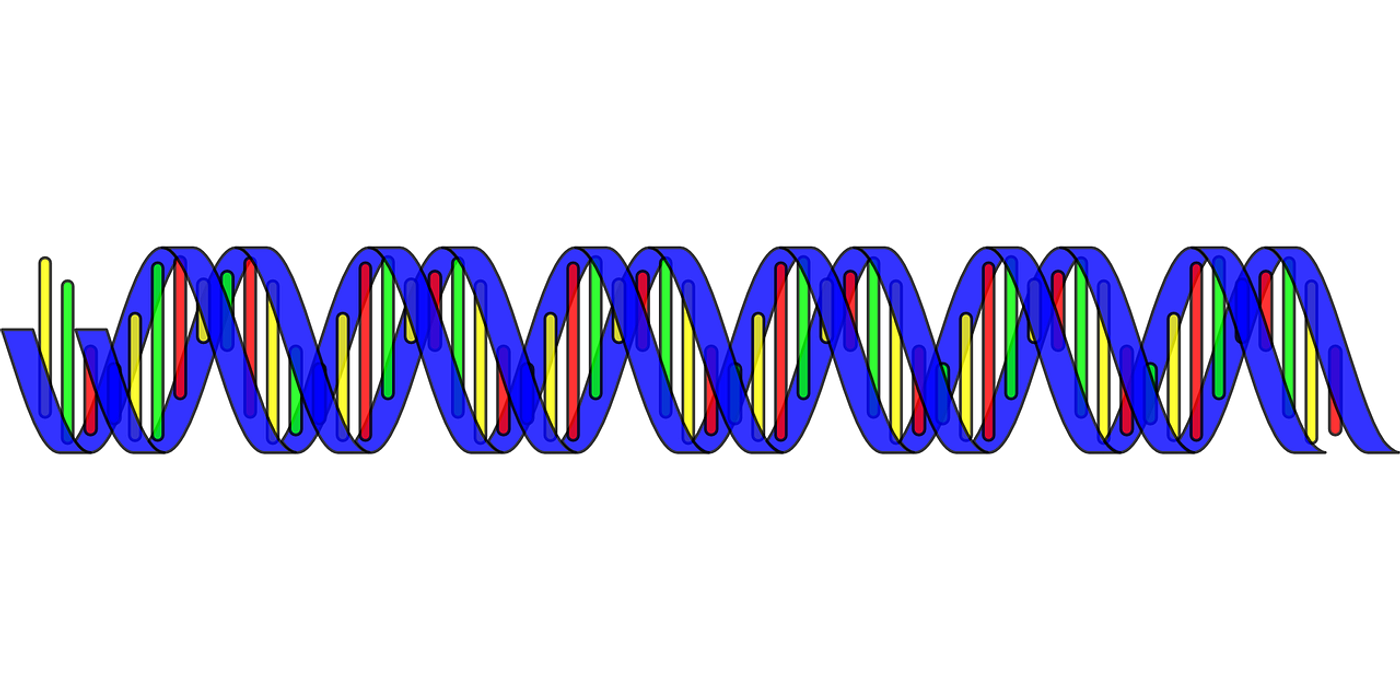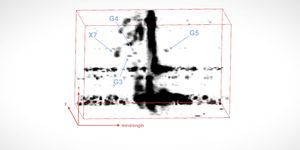Barcoding for Cancer Immunity Genes
Our genes are responsible for storing the instructions necessary for biological life. When we know what genes encode for, we can utilize this information to treat and in some cases cure disease. For this reason, a team of researchers describe their work barcoding proteins and using CRISPR, the genetic editing tool, to reveal the functions of several genes at once.
Genes are the basic physical and functional unit of heredity. They are made up of DNA and provide the instructions to make proteins. The Human Genome Project estimated that humans have between 20,000 and 25,000 genes.
Scientists at Mount Sinai School of Medicine share in the journal Cell their novel technology that can simultaneously analyze the function of hundreds of genes with resolution reaching the single cell level.
The team’s research helps to address the challenges faced in genomics by analyzing the genome at an immense scale. CRISPR pools are being widely employed to identify gene function. The current technology makes use of DNA barcoding; however, it doesn’t allow for vast phenotyping and bulk-cell resolution. The DNA approaches allow only low resolutions of gene function.
The scientists use their technology to barcode at the protein level by synthesizing a protein made up of epitopes; areas of the antigen molecule to which an antibody attaches itself. The protein barcodes have been dubbed “Pro-codes.” The Pro-codes allow for several tens to hundreds of CRISPR molecules to knockout genes en masse.
The team makes use of 14 antibodies to detect 364 Pro-code populations; establishing the most extensive set of protein-based reporters. “By pairing each Pro-Code with a different CRISPR, we simultaneously analyzed multiple phenotypic markers, including phospho-signaling, on dozens of knockouts” shares authors Aleksandra Wroblewska, Ph.D. and Maxime Dhainaut, Ph.D.
The authors utilize their technology to study which genes are involved in the immune system’s ability to protect from cancer development. The team established CRISPRs to target the deletion of suspected immune regulatory genes and paired them with the Pro-codes.
Pro-code discovered two interferon-stimulated genes, the immunoproteasome component Psbm8 and a chaperone Rtp4, are essential for antigen-dependent immune editing of cancer cells and identified Socs1 as a negative regulator of PD-L1 - an immune checkpoint protein.
Senior author, Brian Brown, Ph.D. and Associate Professor of Genetics and Genomic Sciences at Icahn Institute at Mount Sinai share that there is yet work to be done to interpret the human genome. Brown recognizes that “we still don’t know what most genes do and how they are connected.” In conclusion, the authors believe that Pro-code technology could accelerate a vital goal to annotate the human genome.
Sources: Science Daily, Cell, NIH, YouTube









